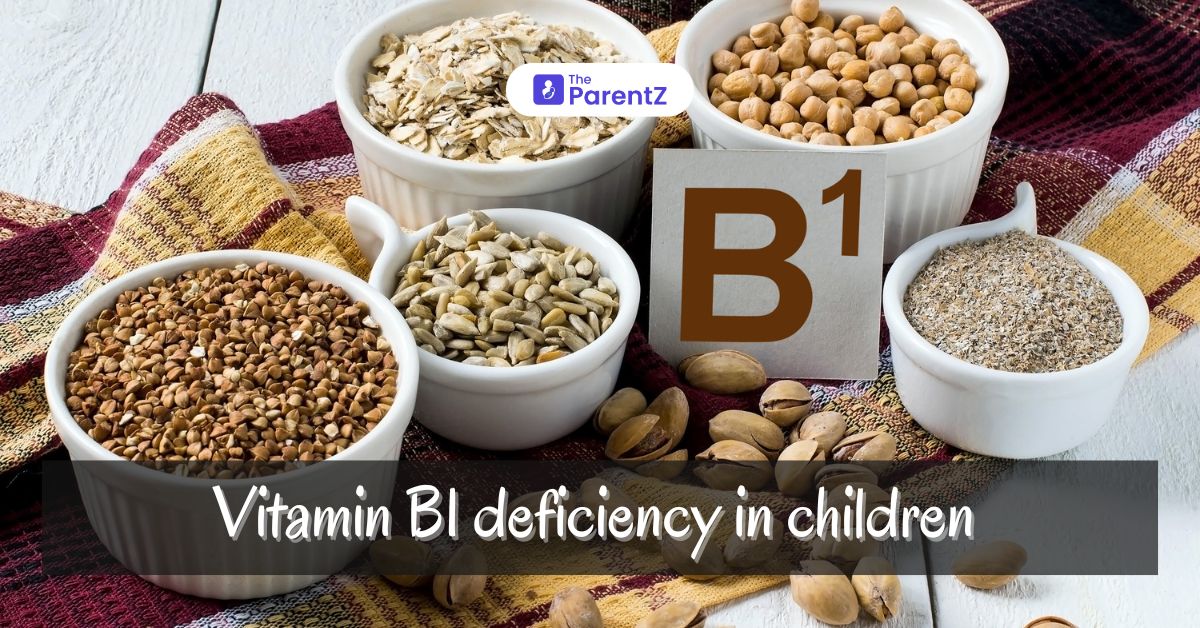What is Vitamin B1 deficiency?
Vitamin B1, also known as thiamine, is a vital nutrient essential for energy metabolism, nerve function, and overall health. When there is an inadequate intake or absorption of Vitamin B1, deficiency can occur, leading to various health problems. This deficiency can impair various bodily functions, particularly those related to energy production and nervous system health.
What signs and symptoms appear in Vitamin B1 deficiency?
The symptoms of Vitamin B1 deficiency can vary in severity and may include:
- Fatigue and weakness
- Irritability or mood changes
- Loss of appetite
- Muscle weakness or pain
- Tingling or numbness in the extremities
- Digestive issues such as constipation or nausea
- Cognitive impairments, including confusion or memory loss
- Cardiovascular problems, such as rapid heart rate or heart failure in severe cases
What causes Vitamin B1 deficiency?
Several factors that can contribute to a Vitamin B1 deficiency are:
- Inadequate dietary intake of Vitamin B1-rich foods, particularly in populations with limited access to nutritious foods.
- Chronic alcohol consumption, which can interfere with thiamine absorption and utilization.
- Medical conditions such as gastrointestinal disorders or malabsorption syndromes that impair thiamine absorption.
- Increased demand for Vitamin B1 during periods of rapid growth, pregnancy, or breastfeeding.
- Certain medications, such as diuretics or medications that interfere with thiamine metabolism.
How is Vitamin B1 deficiency managed?
Treating Vitamin B1 deficiency typically involves supplementation with thiamine supplements or increasing intake of thiamine-rich foods. For individuals with severe deficiency or underlying medical conditions affecting thiamine absorption, intravenous thiamine may be necessary. Addressing underlying causes of deficiency, such as improving dietary habits or treating underlying medical conditions, is essential for long-term management.
How can you help as a parent?
As a parent, there are several ways you can support your child’s thiamine needs and help prevent or address Vitamin B1 deficiency:
- Ensure that your child consumes a balanced diet rich in Vitamin B1-containing foods such as whole grains, lean meats, poultry, fish, nuts, seeds, and legumes.
- Limit consumption of processed or refined foods, which may be low in thiamine and other essential nutrients.
- Encourage your child to eat regular meals and snacks to maintain steady thiamine intake throughout the day.
- Be mindful of factors that can increase thiamine requirements, such as periods of rapid growth, illness, or stress, and adjust your child’s diet accordingly.
- Seek medical advice if you suspect your child may be experiencing symptoms of Vitamin B1 deficiency, as early detection and intervention can prevent complications and improve outcomes.
- By taking proactive steps as parents to ensure adequate nutrition and access to healthcare, we can help prevent and address this nutritional deficiency and support the optimal growth and development of our children.





Be the first one to comment on this story.